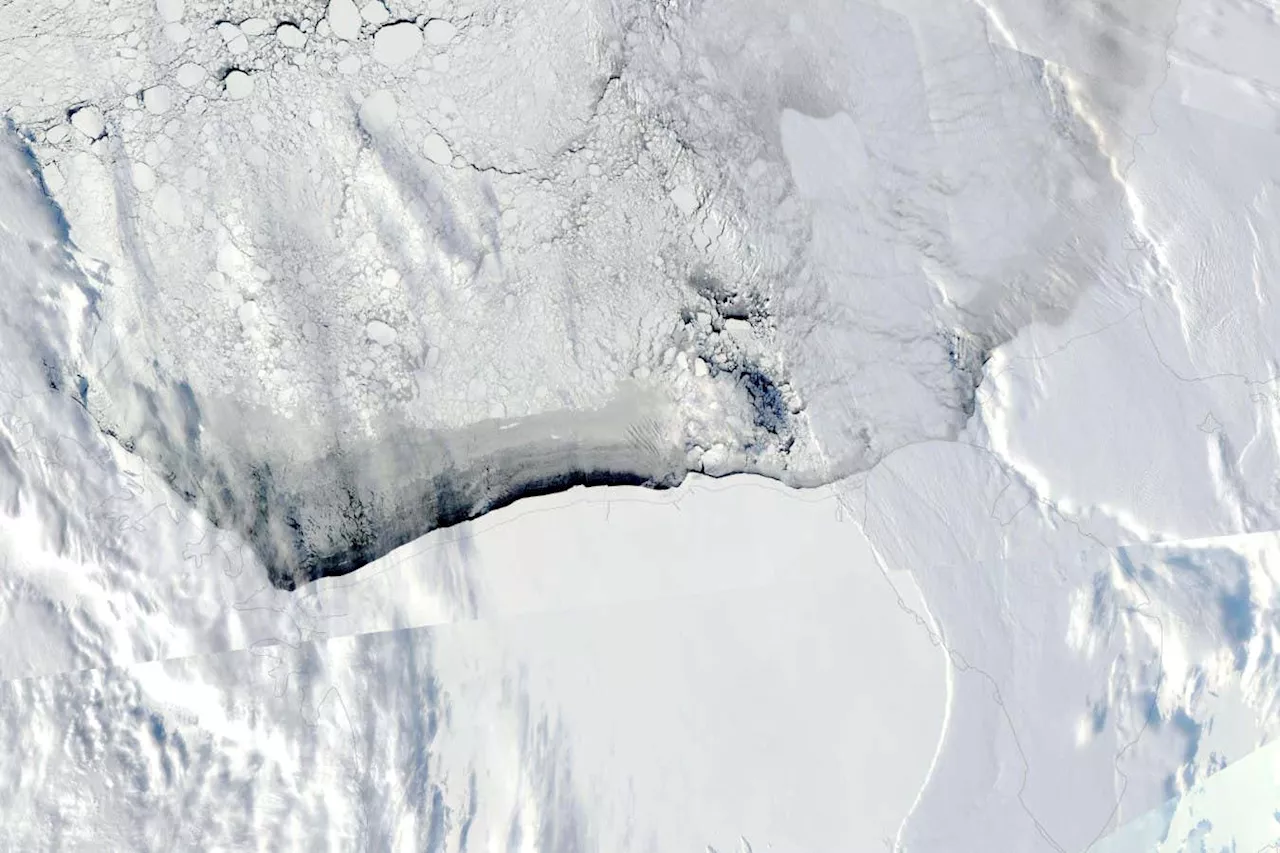A study on an Antarctic ice shelf suggests that the West Antarctic ice sheet may be more resilient to complete collapse due to climate change than previously thought. Analysis of an ice core indicated that the Ronne ice shelf persisted during a warm period over 120,000 years ago, offering hope that the ice sheet might not entirely melt. However, uncertainties remain, and sea level rise from melting ice is still a major concern.
A major ice shelf in Antarctica appears to have survived a period of hot temperatures more than 120,000 years ago, indicating that the West Antarctic ice sheet may not be as vulnerable as we thought to complete collapse caused by climate change – a worst-case situation that could raise sea levels by metres. But large uncertainties remain.at the University of Cambridge, UK. “We didn’t get the worst-case scenario.
Wolff and his colleagues looked at the Ronne ice shelf, a large section of the ice sheet that extends into the ocean, to see how it behaved between 117,000 and 126,000 years ago. During that time, which was part of theTo determine the extent of the Ronne ice shelf during that warm period, the researchers measured concentrations of sea salt in an ice core drilled about 650 kilometres away from the shelf’s edge.
“It implies there was not a complete deglaciation of western Antarctica, but it doesn’t give us enough information to relax,” says, didn’t melt. In fact, the water isotope record in the core suggests they did, says Wolff. The ice core the researchers used also didn’t cover the warmest period of the last interglacial.
ANTARCTICA ICE SHELF CLIMATE CHANGE SEA LEVEL RISE GLOBAL WARMING
United States Latest News, United States Headlines
Similar News:You can also read news stories similar to this one that we have collected from other news sources.
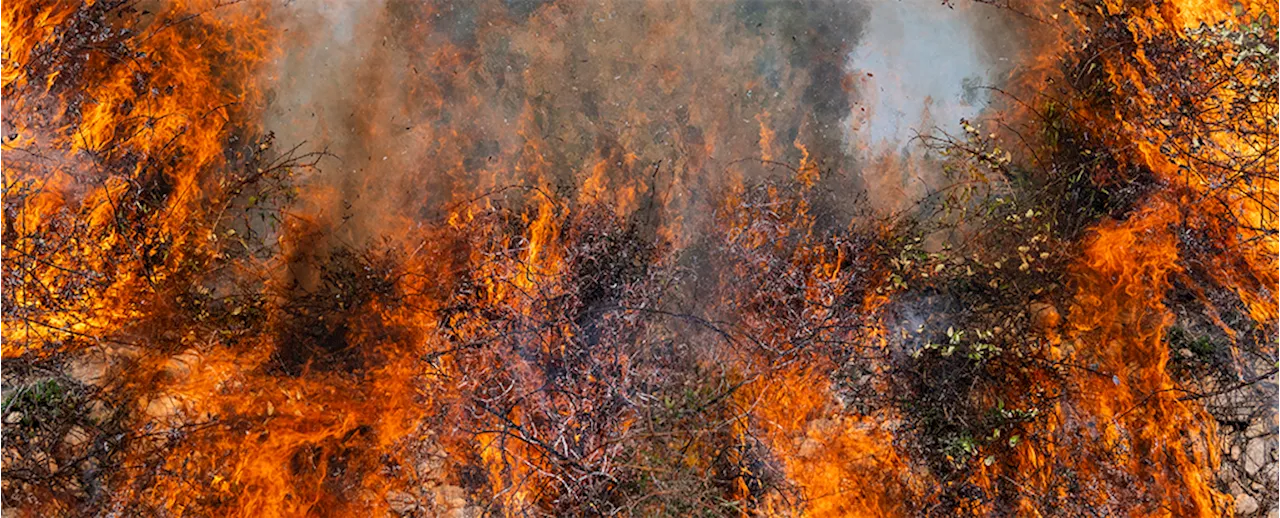 Wildfires Surged During Past Climate Shifts, Ancient Antarctic Ice RevealsThe Best in Science News and Amazing Breakthroughs
Wildfires Surged During Past Climate Shifts, Ancient Antarctic Ice RevealsThe Best in Science News and Amazing Breakthroughs
Read more »
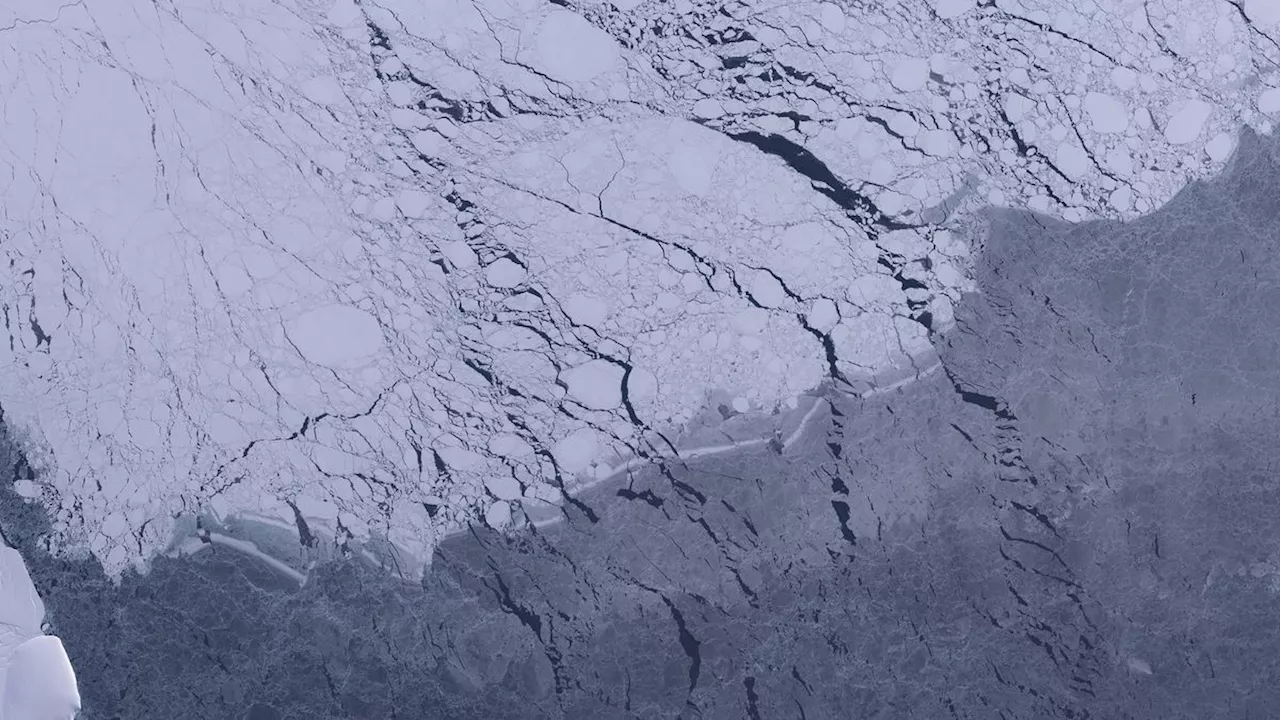 Warmer Waters Threaten Massive Antarctic Ice ShelfA new study reveals that warmer water flowing towards the Filchner-Ronne Ice Shelf (FRIS) during warmer years could pose a significant threat to its stability. While FRIS is unlikely to melt soon, scientists warn that continued warming could accelerate ice loss and contribute to sea level rise.
Warmer Waters Threaten Massive Antarctic Ice ShelfA new study reveals that warmer water flowing towards the Filchner-Ronne Ice Shelf (FRIS) during warmer years could pose a significant threat to its stability. While FRIS is unlikely to melt soon, scientists warn that continued warming could accelerate ice loss and contribute to sea level rise.
Read more »
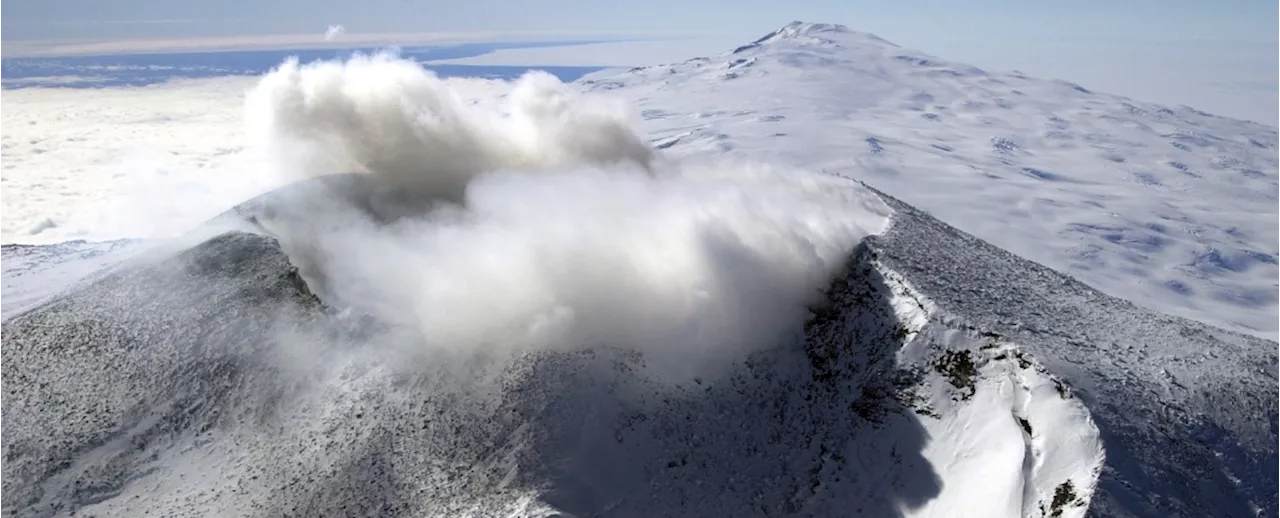 Hidden Volcanic Rift Threatens Antarctic Ice SheetA new study warns that an active volcanic rift beneath the Antarctic ice sheet could accelerate ice melt and contribute to global sea-level rise. The research highlights a dangerous feedback loop where melting ice eases pressure on magma chambers, triggering eruptions that further heat the surrounding ice and accelerate melting.
Hidden Volcanic Rift Threatens Antarctic Ice SheetA new study warns that an active volcanic rift beneath the Antarctic ice sheet could accelerate ice melt and contribute to global sea-level rise. The research highlights a dangerous feedback loop where melting ice eases pressure on magma chambers, triggering eruptions that further heat the surrounding ice and accelerate melting.
Read more »
 Antarctic Ice Sheet Retreat Projected to Cause Rapid Sea Level Rise by 2300A new study by over 50 climate scientists predicts a significant retreat of the Antarctic ice sheet after 2100, leading to a substantial rise in global sea levels. The research highlights the urgency of reducing CO2 emissions to mitigate these catastrophic consequences.
Antarctic Ice Sheet Retreat Projected to Cause Rapid Sea Level Rise by 2300A new study by over 50 climate scientists predicts a significant retreat of the Antarctic ice sheet after 2100, leading to a substantial rise in global sea levels. The research highlights the urgency of reducing CO2 emissions to mitigate these catastrophic consequences.
Read more »
 Climate Change Impacts Antarctic Ice Shelves: Study Finds No Increase in Large Iceberg Calving EventsA new study by University of Florida researchers reveals that while climate change is causing widespread ice shelf loss in Antarctica, the frequency and size of major iceberg calving events have not significantly changed. The study, published in the journal [Journal Name], used 47 years of satellite data to analyze extreme calving events, finding no evidence of an increase in their size or frequency over time. While smaller calving events are becoming more common, the researchers suggest that the primary threat to Antarctic ice shelves is 'death by a thousand cuts' from numerous small calving events.
Climate Change Impacts Antarctic Ice Shelves: Study Finds No Increase in Large Iceberg Calving EventsA new study by University of Florida researchers reveals that while climate change is causing widespread ice shelf loss in Antarctica, the frequency and size of major iceberg calving events have not significantly changed. The study, published in the journal [Journal Name], used 47 years of satellite data to analyze extreme calving events, finding no evidence of an increase in their size or frequency over time. While smaller calving events are becoming more common, the researchers suggest that the primary threat to Antarctic ice shelves is 'death by a thousand cuts' from numerous small calving events.
Read more »
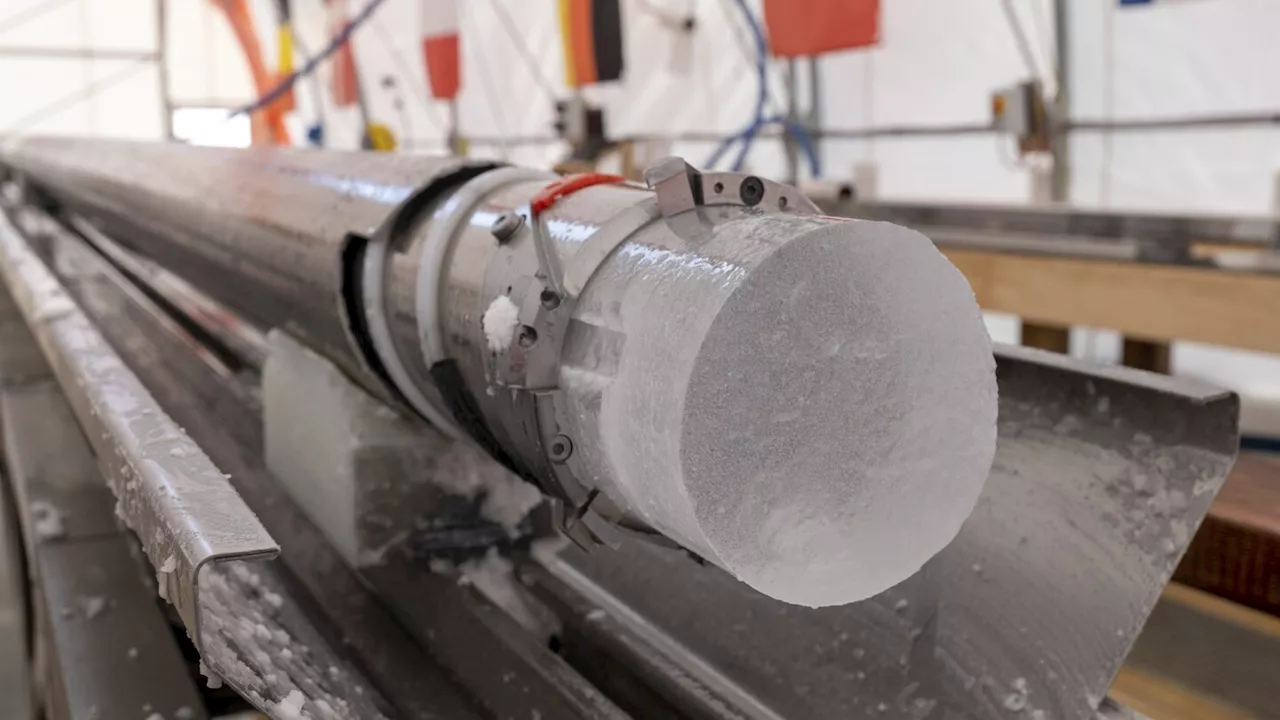 Scientists drill nearly 2 miles down to pull 1.2 million-year-old ice core from AntarcticAn international team of scientists say they’ve successfully drilled one of the oldest ice cores yet, penetrating nearly 2 miles to Antarctic bedrock to reach ice that's at least 1.2 million years old. The project was completed in January by a European-funded project called Beyond EPICA.
Scientists drill nearly 2 miles down to pull 1.2 million-year-old ice core from AntarcticAn international team of scientists say they’ve successfully drilled one of the oldest ice cores yet, penetrating nearly 2 miles to Antarctic bedrock to reach ice that's at least 1.2 million years old. The project was completed in January by a European-funded project called Beyond EPICA.
Read more »
